blueberries on acid
thisbud4u
17 years ago
Related Stories
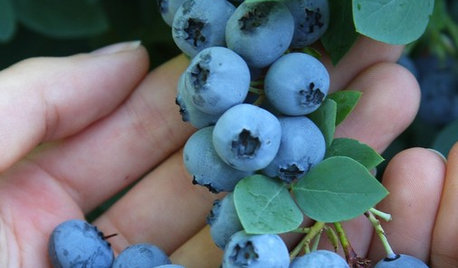
EDIBLE GARDENSSummer Crop: How to Grow Blueberries
Plant blueberries in spring or fall for garden beauty through three seasons — and a sweet superfood in summer
Full Story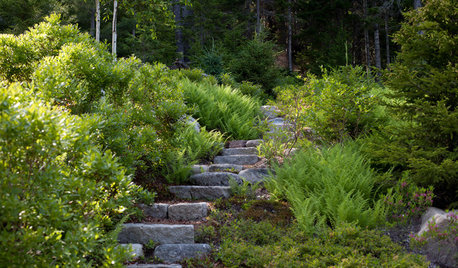
GARDENING GUIDESGreat Design Plant: Grow Blueberries for Their Fruit and More
Eastern gardeners should consider growing blueberry plants for their delicious fruits, bee-friendly spring blooms and brilliant fall foliage
Full Story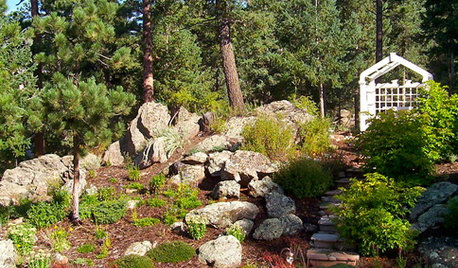
GARDENING GUIDESHave Acidic Soil in Your Yard? Learn to Love Gardening Anyway
Look to acid-loving plants, like conifers and rhododendrons, to help your low-pH garden thrive
Full Story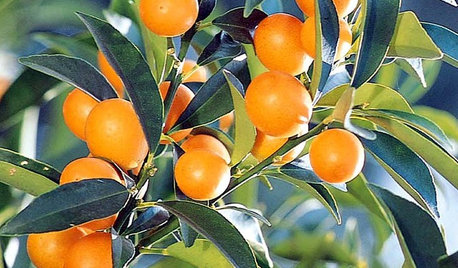
FALL GARDENING5 Fall Fruits You Can Grow in Containers
Brighten your porch or patio with a potted pomegranate, kumquat, blueberry bush or another great fall fruit
Full Story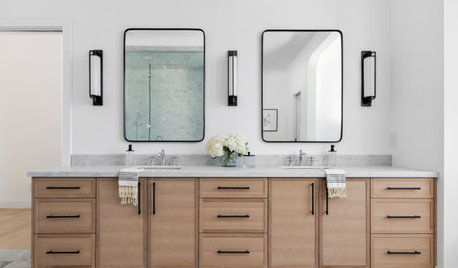
HOUSEKEEPINGHow to Clean Marble Countertops and Tile
Acidic solutions can damage your marble surfaces. Here’s how to keep marble looking clean and amazing
Full Story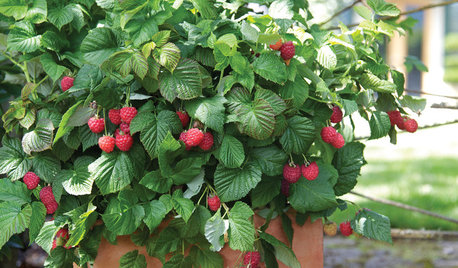
CONTAINER GARDENSPatio-Perfect Berry Bushes Like You’ve Never Seen
Small enough for pots but offering abundant fruit, these remarkable bred berries are a boon for gardeners short on space
Full Story
GARDENING GUIDESGrow a Beautiful Garden in Alkaline Soil
Got alkaline soil? Learn how to manage it and the many beautiful plants that will thrive in this ‘sweet’ soil
Full Story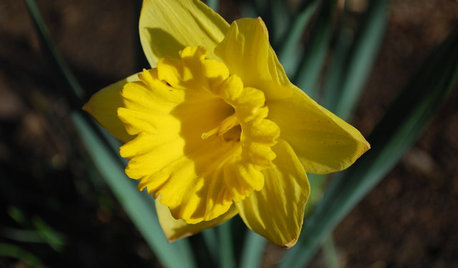
GARDENING GUIDESRocky Mountain Gardener's September Checklist
Sharpen your spade and grab your gloves — warm days and cool nights in the garden mean it's planting time
Full Story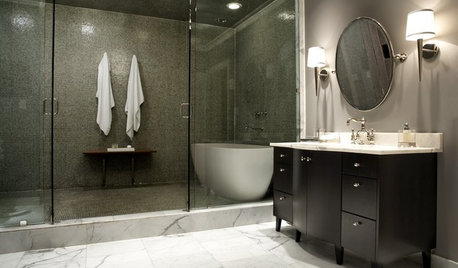
KITCHEN DESIGNUsing White Marble: Hot Debate Over a Classic Beauty
Do you love perfection or patina? Here's how to see if marble's right for you
Full Story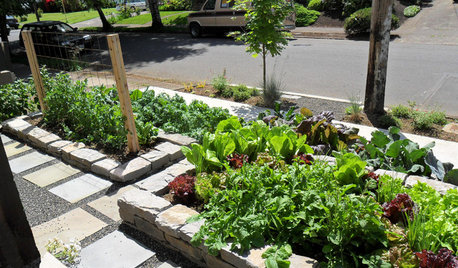
FRONT YARD IDEASWelcome Edibles Into the Front Yard for Fresh Food and More
Give your front yard design a boost and maybe even make new friends by growing fruits and vegetables
Full Story


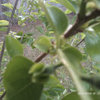

jean001
sweet_lemon
Related Discussions
Top Hat Blueberries
Q
blueberry acidity--how hard?
Q
Blueberries (and other berries) and Miracle gro fertilizer
Q
Lowering pH for Blueberries using Muratic Acid (nitric acid)
Q
sweet_lemon
thisbud4uOriginal Author
sweet_lemon
thisbud4uOriginal Author
sweet_lemon
sweet_lemon
lucky_p
jenny_in_se_pa
cacye
sweet_lemon
paulns
thisbud4uOriginal Author
sweet_lemon
paulns
sweet_lemon
threeducks
bfreeman_sunset20
sweet_lemon
sweet_lemon
blueray
baja96118